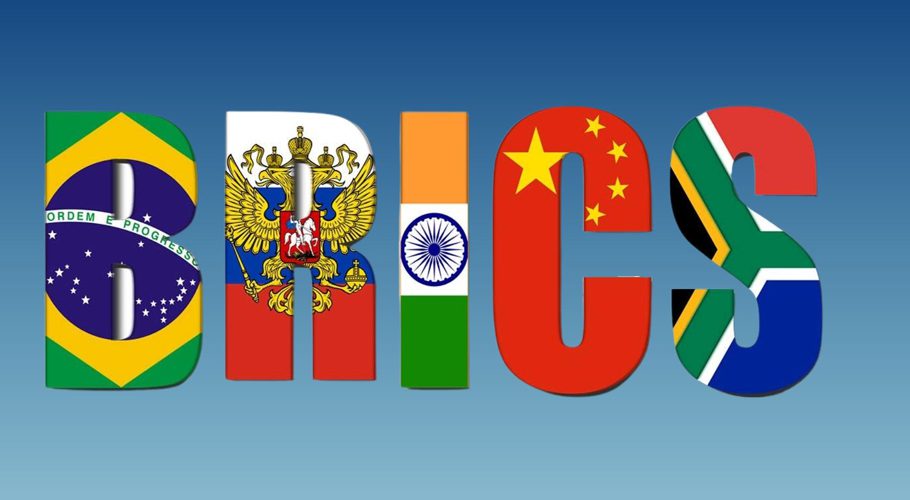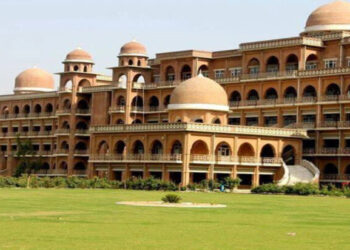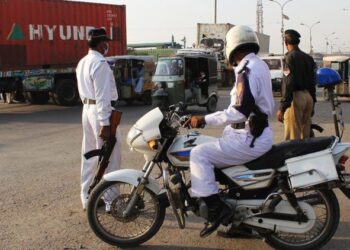BRICS, which has previously focused on economic issues, on Tuesday called for an end to ‘war crimes’ in the Gaza conflict to ease the rapidly deteriorating humanitarian crisis in the Gaza Strip.
During a virtual summit led by South African President Cyril Ramaphosa, the BRICS coalition criticized attacks on civilians in Palestine and Israel, denouncing the forced displacement of Palestinians as “war crimes.”
The group, comprising Brazil, Russia, India, China, and South Africa, emphasized their condemnation of any forcible transfer or deportation of Palestinians, considering it a violation of the Geneva Conventions and International Humanitarian Law. The chair’s summary highlighted the Global South’s growing call to end the conflict in Gaza.
The meeting included leaders from Egypt, Ethiopia, Argentina, Saudi Arabia, the UAE, and Iran, who are set to join BRICS in 2024. UN Secretary-General Antonio Guterres also participated. The chair’s summary, reflecting the prevailing sentiment, showcased a united stance against the war on the Gaza Strip. South African President Ramaphosa strongly criticized Israel’s actions, labeling them as a violation of international law and a war crime amounting to genocide. In contrast, India’s Foreign Minister advocated for restraint, humanitarian support, and a peaceful resolution through dialogue.
Also read: Why are celebrities getting cancelled over pro-Palestine views?
Although the chair’s summary was considered somewhat balanced, some countries, like South Africa, took a more combative stance. The meeting marked a departure from BRICS’ usual focus on economic issues, demonstrating the group’s increased assertiveness on political and security matters. BRICS nations collectively represent 40% of the world’s population and a quarter of the global economy.
Iran’s President Raisi suggested a referendum for Palestinians to determine their fate. Despite ties with Israel, BRICS countries, including India and China, expressed concerns about the ongoing conflict. South Africa, historically Israel’s largest trade partner in Africa, signaled a turning point by voting to close the Israeli embassy in Pretoria. Diplomatic tensions escalated, with both countries recalling their ambassadors. Additionally, South Africa, alongside Bangladesh, Bolivia, Comoros, and Djibouti, submitted a referral to the International Criminal Court to investigate potential war crimes in Gaza.


































